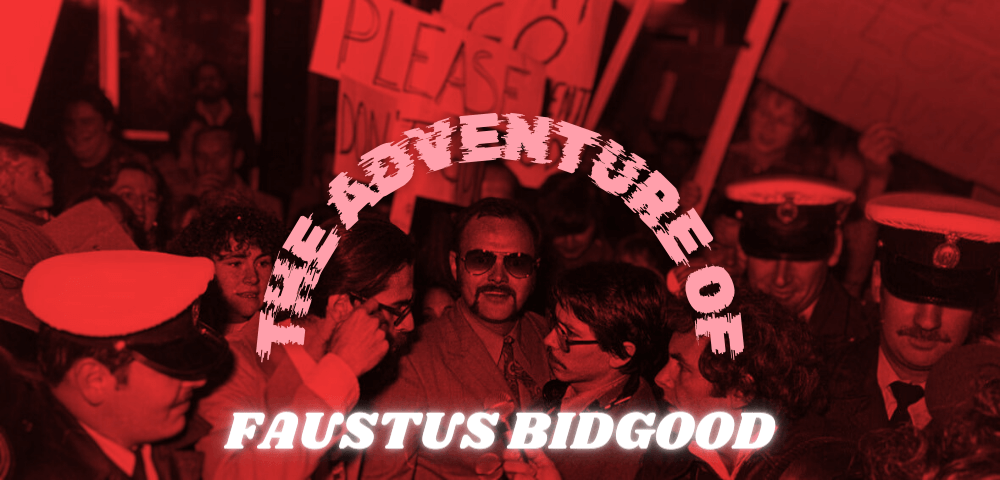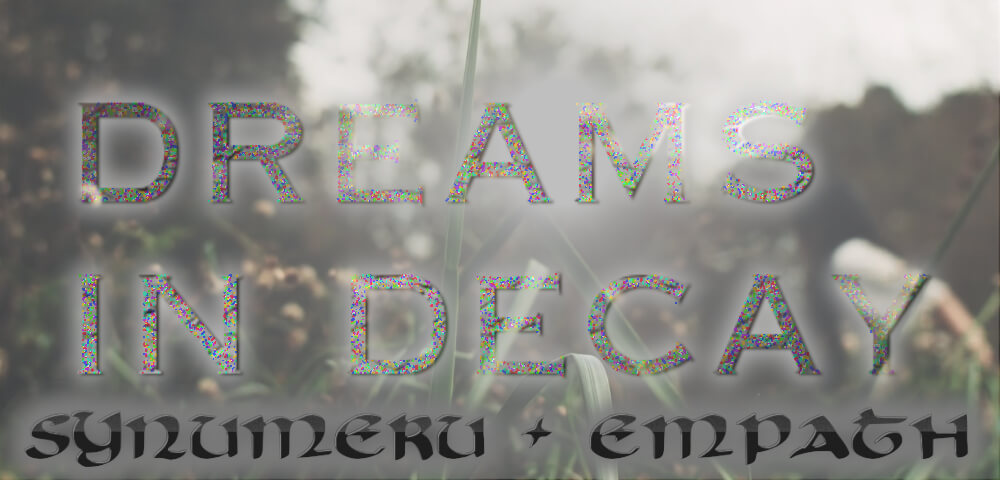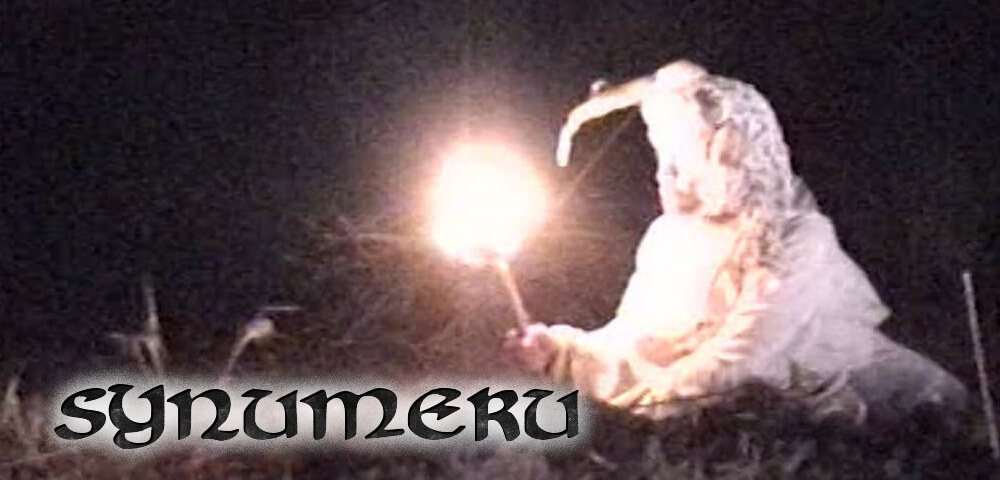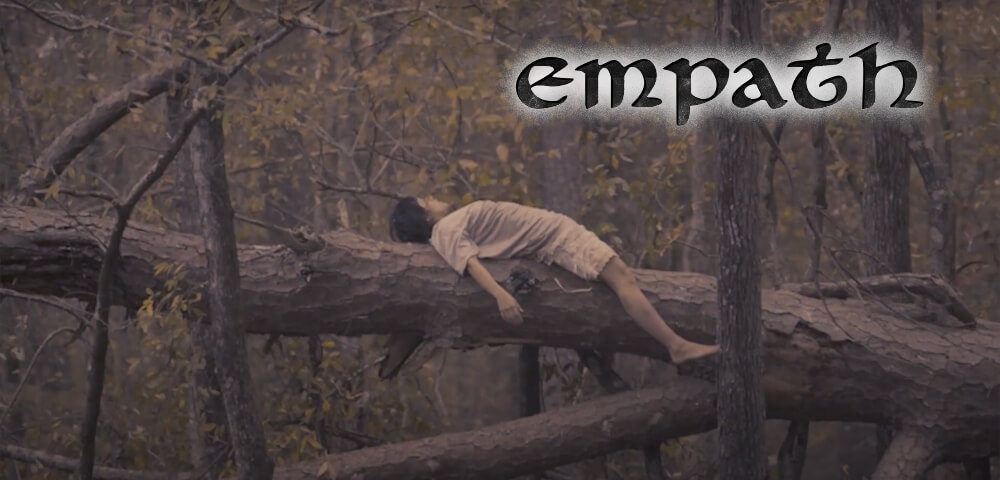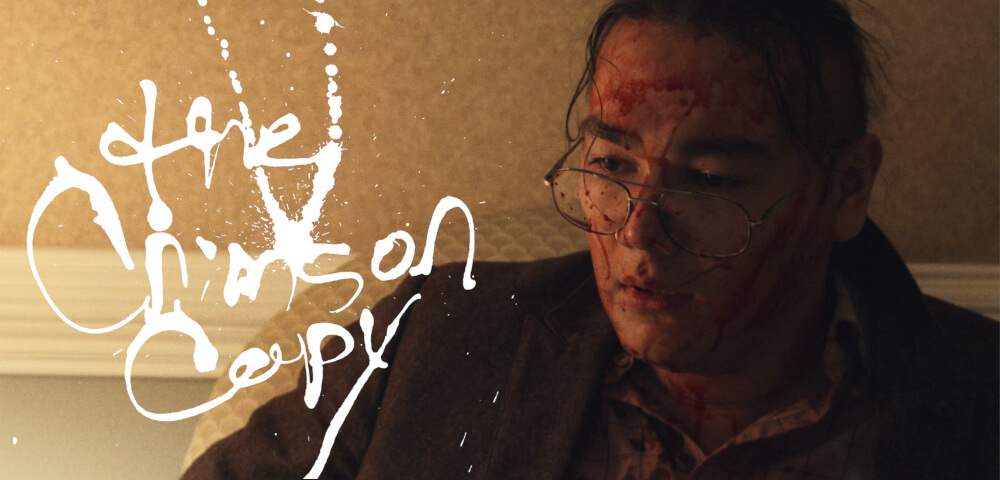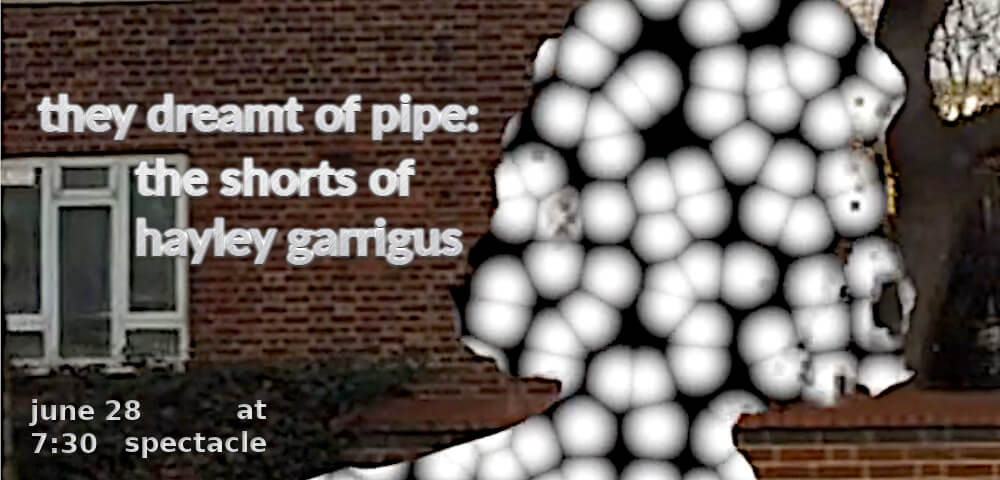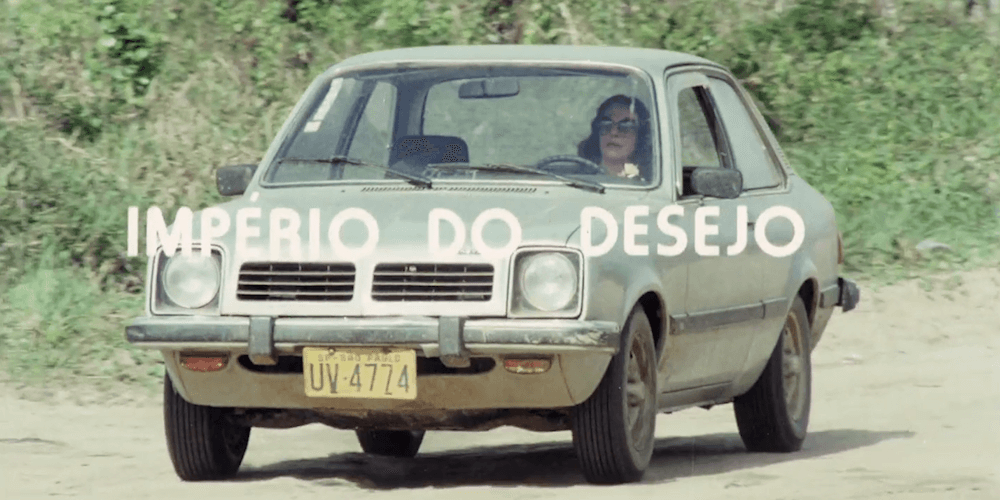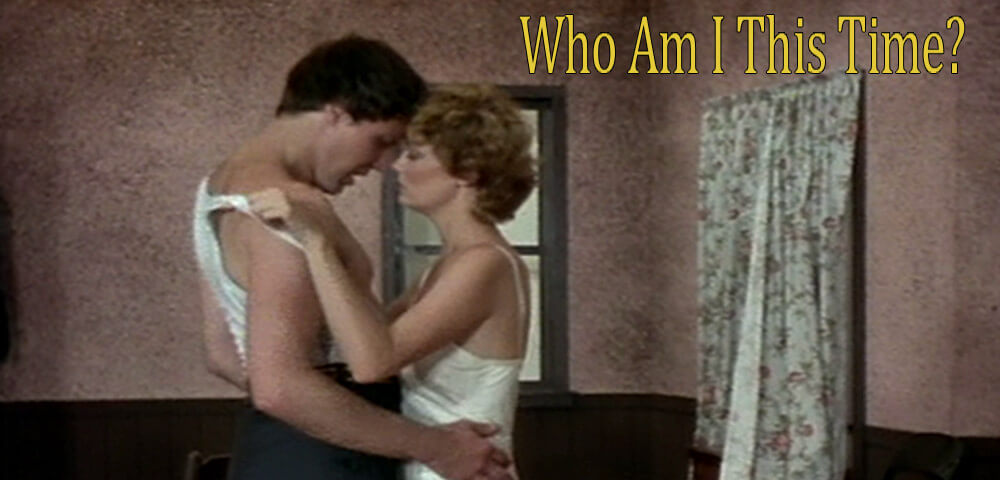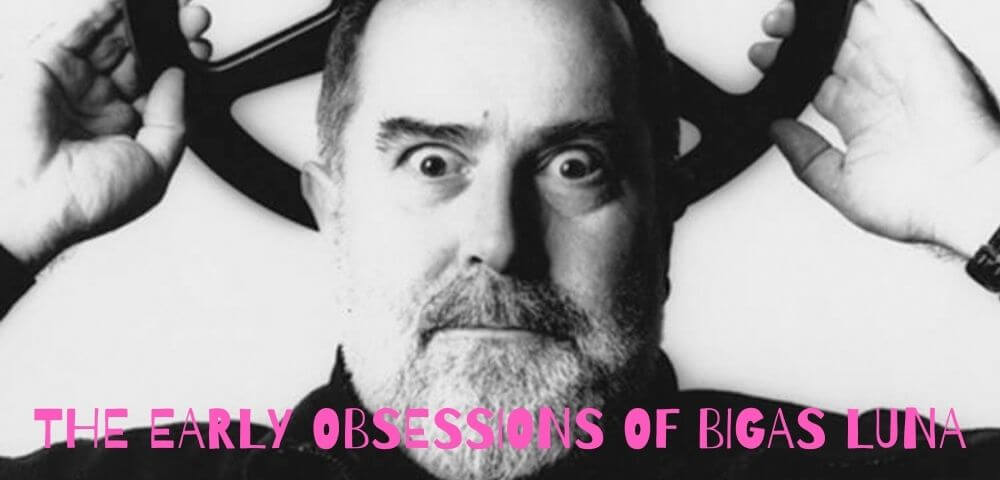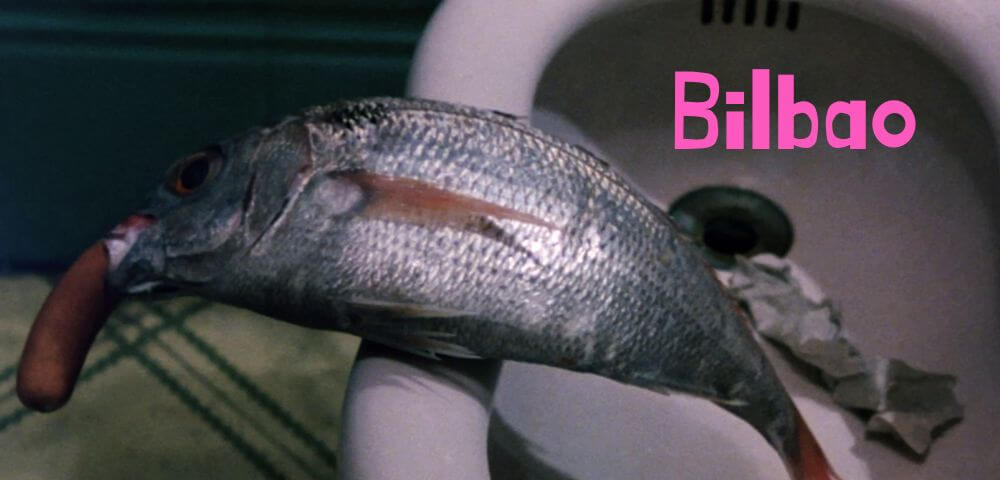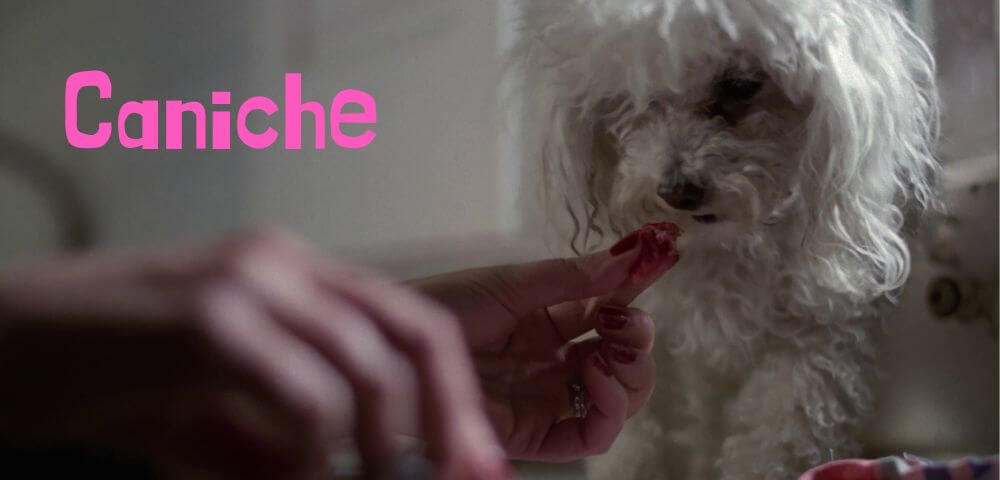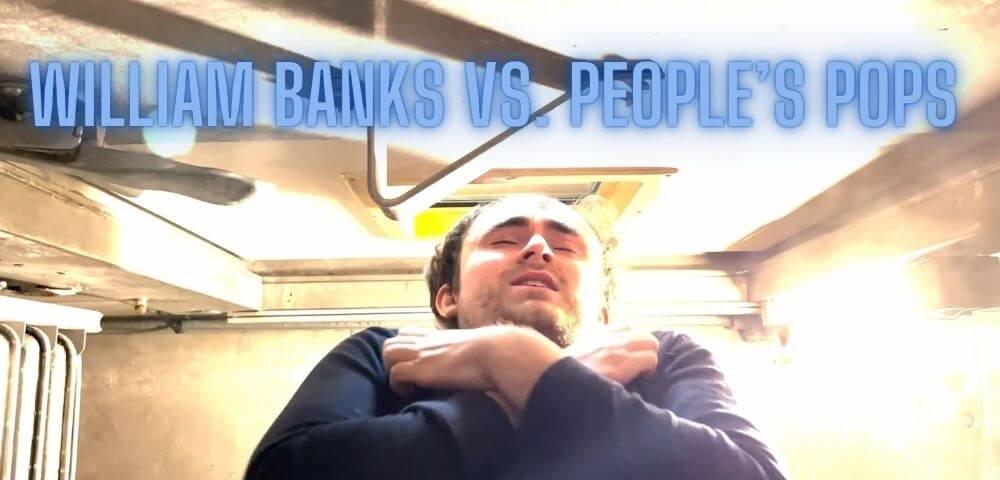
SOMETHING YOU SAID LAST NIGHT
Dir. Luis De Filippis, 2022.
Canada. 96 min.
In English and Italian.
Preceded by:
FOR NONNA ANNA
Dir. Luis De Filippis, 2017.
Canada. 13 min.
In English and Italian.
TUESDAY, JUNE 4 – 10 PM
FRIDAY, JUNE 14 – 7:30 PM
SATURDAY, JUNE 22 – MIDNIGHT
TUESDAY, JUNE 25 – 7:30 PM
Italian-Canadian filmmaker Luis De Filippis is on a mission to herald a new era of possibilities for trans cinema and trans filmmakers. Her first feature (based on her 2017 short, For Nonna Anna, which will screen before the feature), Something You Said Last Night is a slice of life film about two adult sisters going on vacation with their parents. Expertly depicting the relatable clashing of quiet moments, tenderness, petulance, claustrophobia, and annoyance that inevitably surfaces during a family vacation of all adults, we meet Ren, the protagonist portrayed by Carmen Madonia, long after her family has accepted her as a trans woman.
Ren is a struggling millennial writer with a less than sunny disposition. Harboring deep fears about her future, this anxiety festers, sometimes manifesting into rude and withdrawn behavior. Indeed, nobody in the family is on their best behavior; her sister parties every night, her mother is hot-tempered and prone to a victim complex, and her father, somewhat emotionally oblivious, becomes stoic in the face of conflict. Nevertheless, throughout their deeply familiar and often petty conflicts, their unconditional love for one another shines through.
Owing to Madonia’s masterful performance, Ren becomes increasingly lovable to viewers through her moments of humor, sweetness, and sisterly protectiveness. She touts universally relatable problems, such as: a love affair with vaping; wondering where her vape is; and getting annoyed at her mother for wanting her to stop vaping. Further, like so many young people, she becomes sympathetically defensive about her struggles to find stability, feeling insecure about the possibility of being a nonstarter who will never be able to support herself.
Something You Said Last Night is a rare look at the everyday problems of a young trans person beyond her gender identity, with her transness only ever being alluded to indirectly in subtle moments. Correspondingly, a dreamy subtlety envelops the entire film, emphasized by its beautiful cinematography shot on 35mm film.

